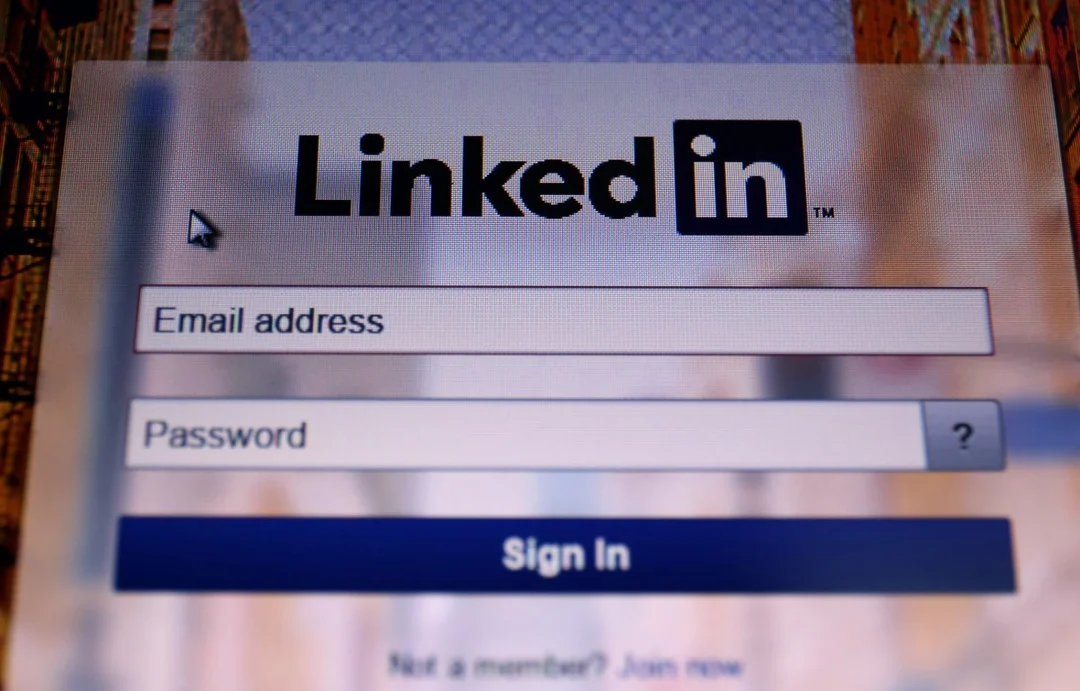
Is Your Health Data Being Sold Without Your Knowledge?
In an era where personal privacy is increasingly under threat, a recent revelation about California's health insurance exchange has raised alarming questions about data security and trust in government institutions.
Covered California, the state's Affordable Care Act marketplace, has been caught sharing sensitive personal health information with LinkedIn, a popular professional networking platform, without users' explicit consent. This breach highlights the growing risks in digital data handling and underscores the need for stronger protections, especially for vulnerable populations relying on public services.
According to investigations by CalMatters and The Markup, Covered California's website embedded tracking technology that transmitted details such as pregnancy status, transgender identity, prescription medication use, and even indicators of domestic abuse to LinkedIn for advertising purposes. This wasn't a hack or an external breach; it was an intentional integration meant to tailor marketing campaigns. Sara Geoghegan, senior counsel at the Electronic Privacy Information Center, called it "concerning and invasive," noting that people expect their health data to remain confidential during insurance applications.

This incident raises serious legal concerns. California's Confidentiality of Medical Information Act and the federal Health Insurance Portability and Accountability Act (HIPAA) mandate explicit permission for sharing such data. Yet, Covered California failed to obtain clear consent, potentially exposing the state to lawsuits and fines. As one editorial in The Press Democrat pointed out, this cavalier approach could erode public trust in government-run health programs, especially since nearly 2 million Californians enroll through the platform. Comparing this to similar cases, like the 2022 Department of Education data sharing with Facebook, it's evident that such lapses are becoming a pattern in government digital practices, leading to calls for reform.
In response, Covered California has disabled the tracking tags and initiated a review of its privacy protocols. However, experts argue this is merely reactive. LinkedIn itself advises against using its Insight Tag on sites handling sensitive data, yet the partnership persisted for over a year, starting as early as February 2024. The broader implications are stark: if state agencies can't safeguard health information, how can individuals feel secure in sharing it? This case exemplifies the tension between digital marketing tools and user privacy rights.

Ultimately, this scandal serves as a wake-up call for policymakers to strengthen data protection laws and ensure transparency. With millions of Americans dependent on such exchanges, the stakes are too high for oversights.
In conclusion, the Covered California data sharing incident not only breaches trust but also spotlights the urgent need for robust digital safeguards. What does this mean for your own privacy online? We invite readers to share their thoughts: Have you experienced similar concerns with personal data? Leave a comment below and help us spark a conversation on protecting what's private.